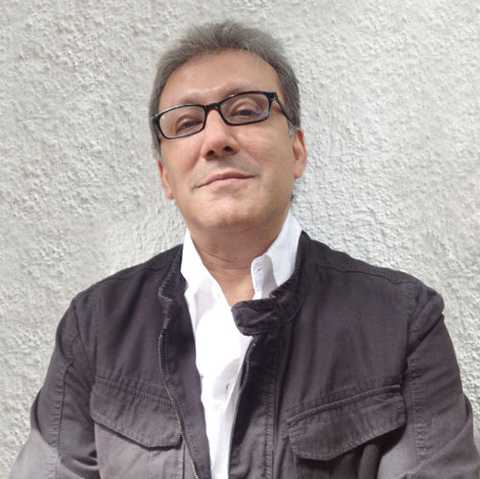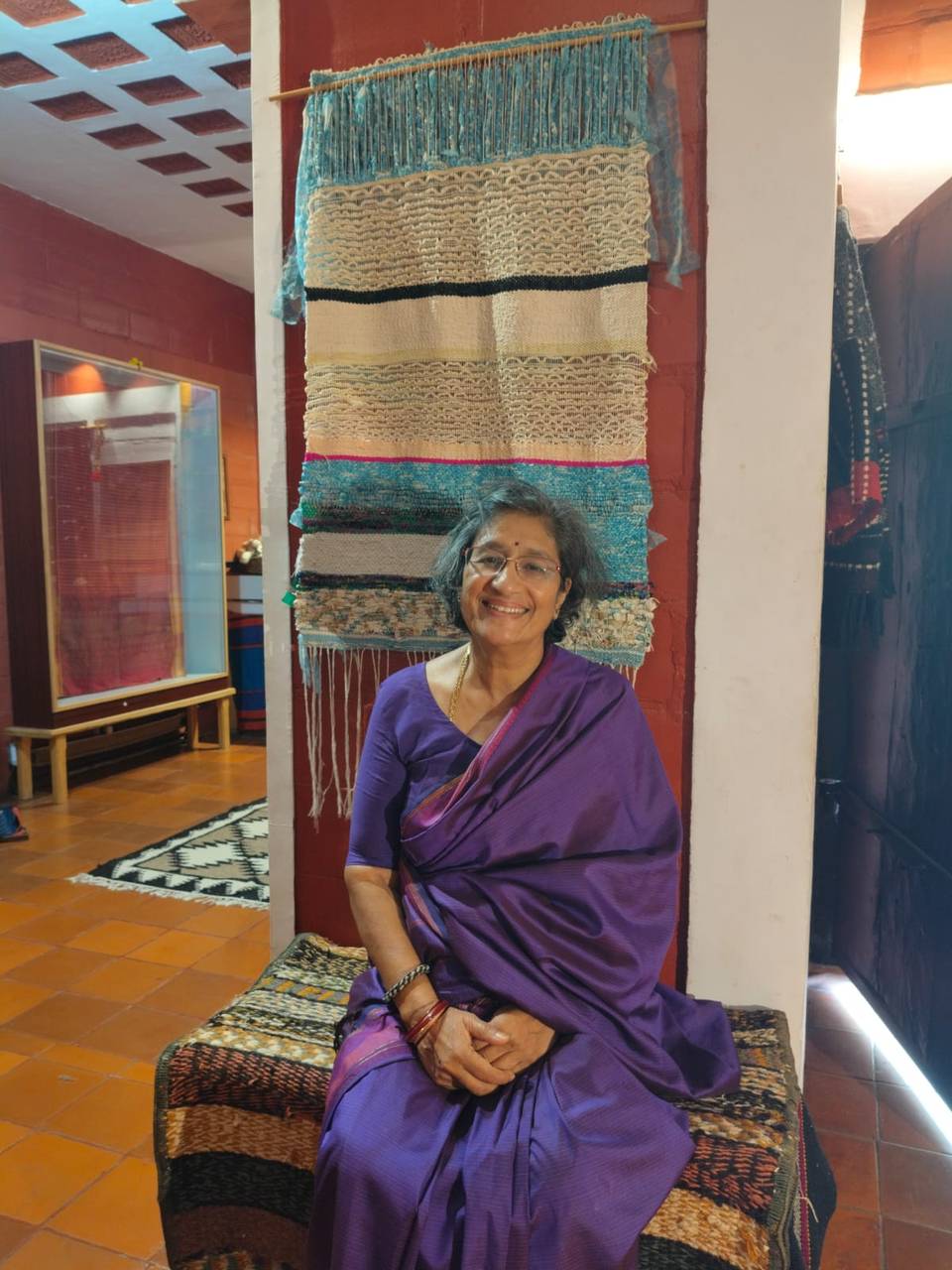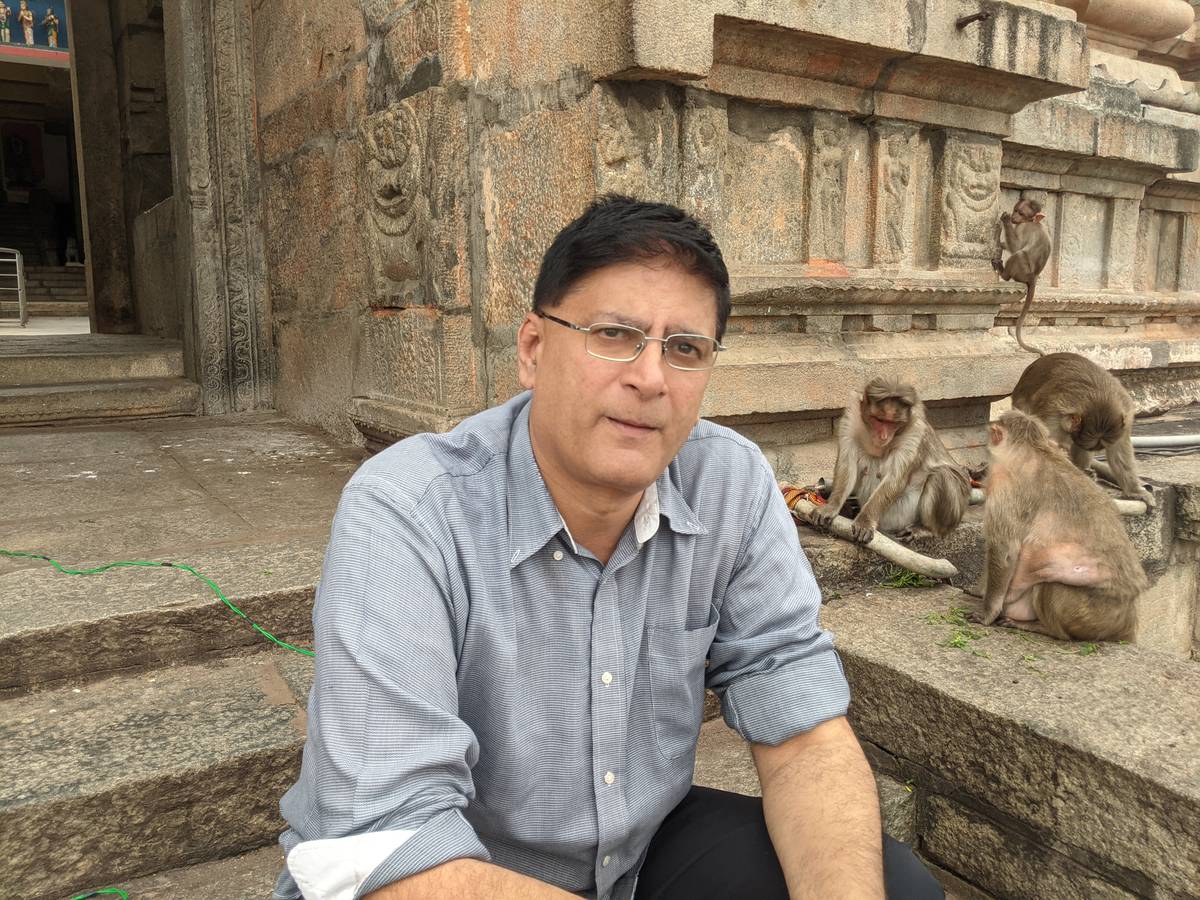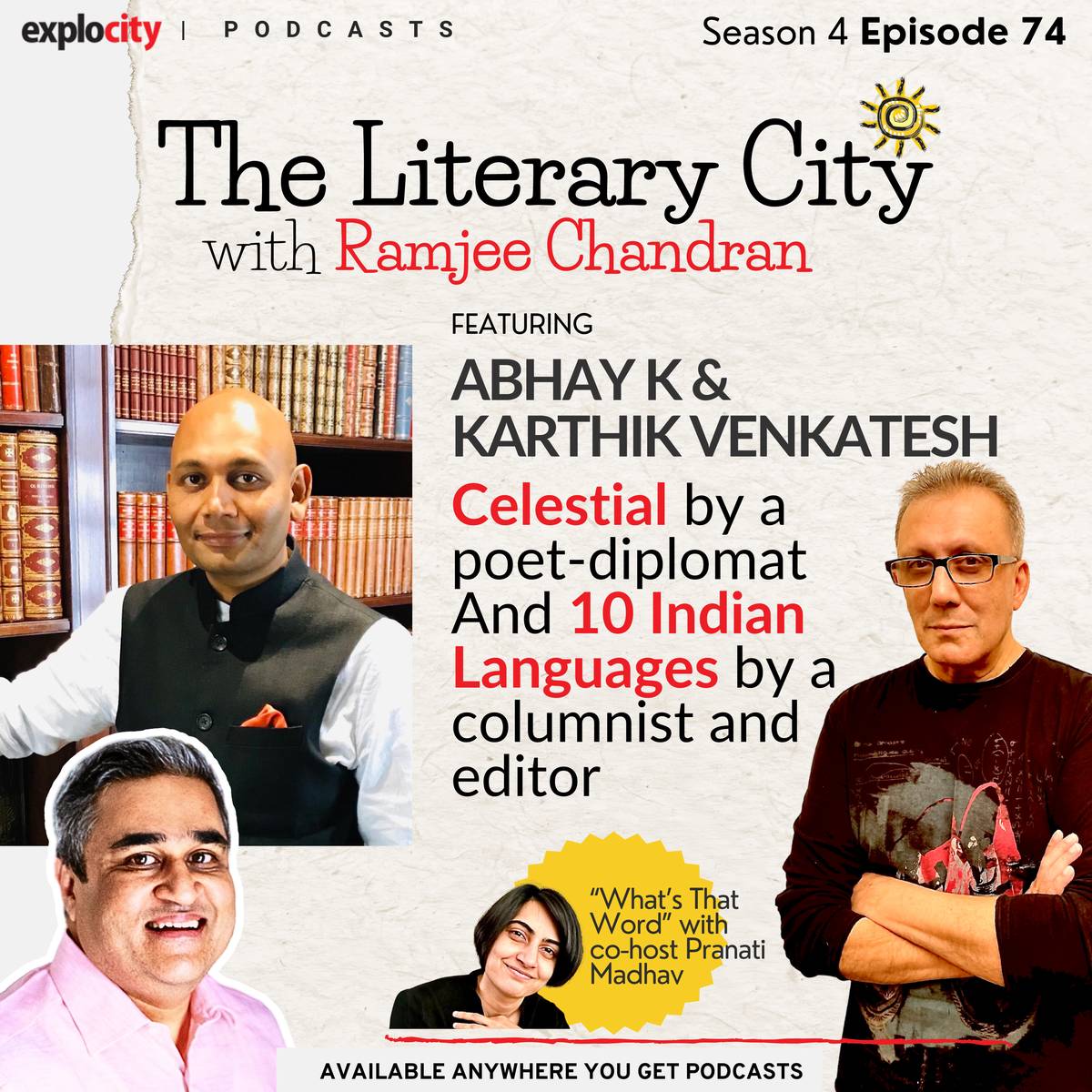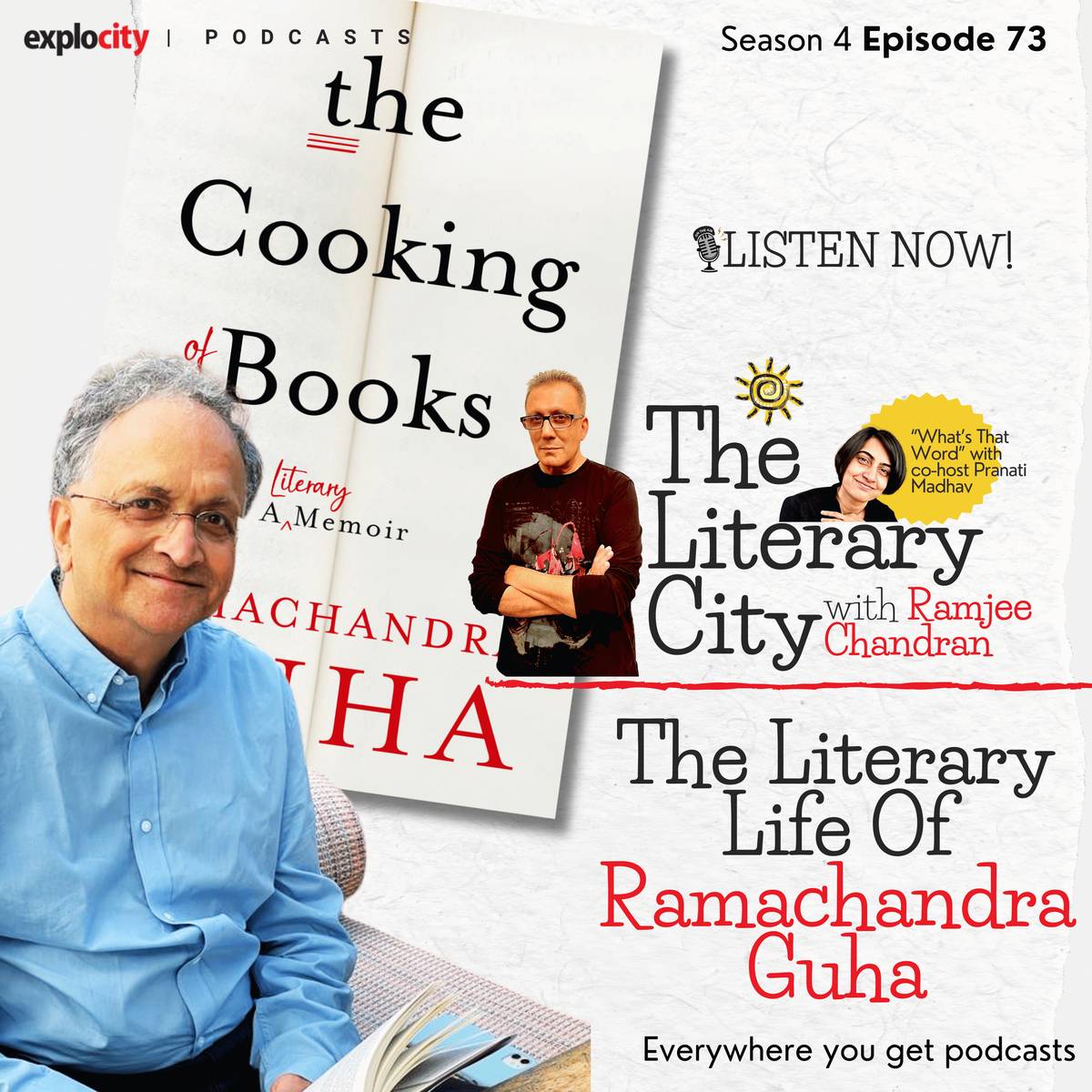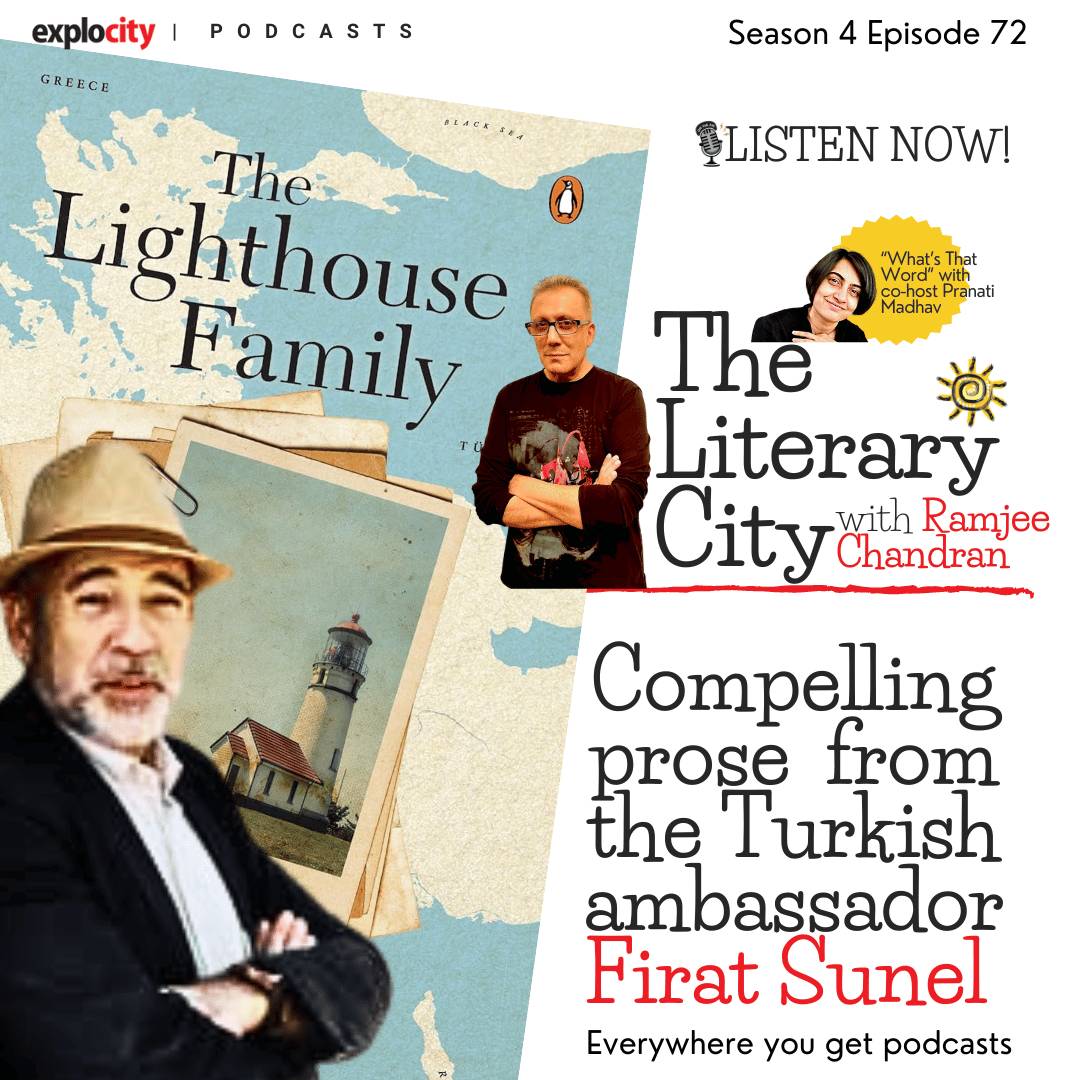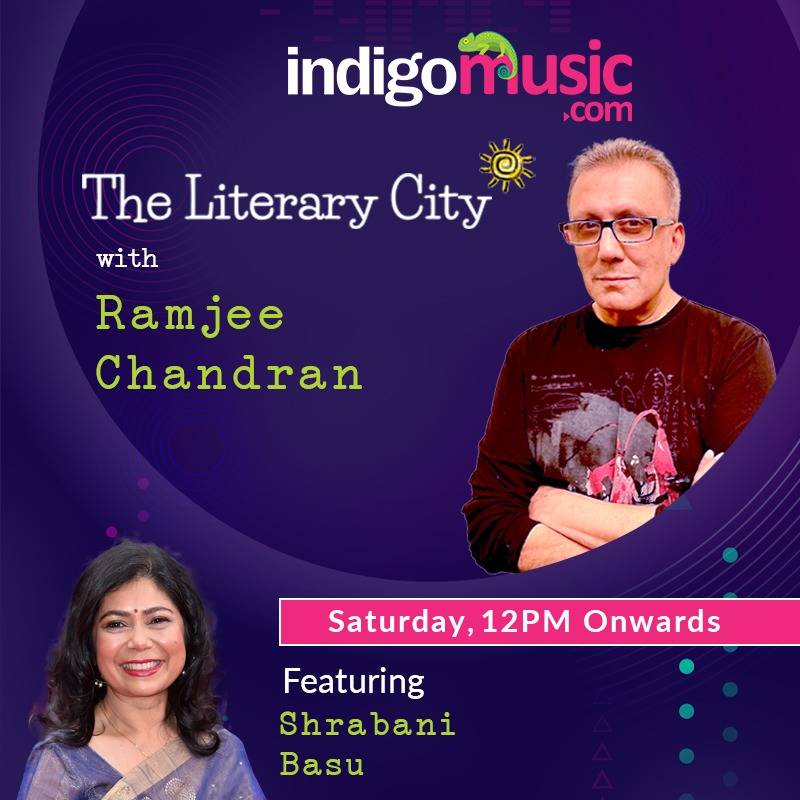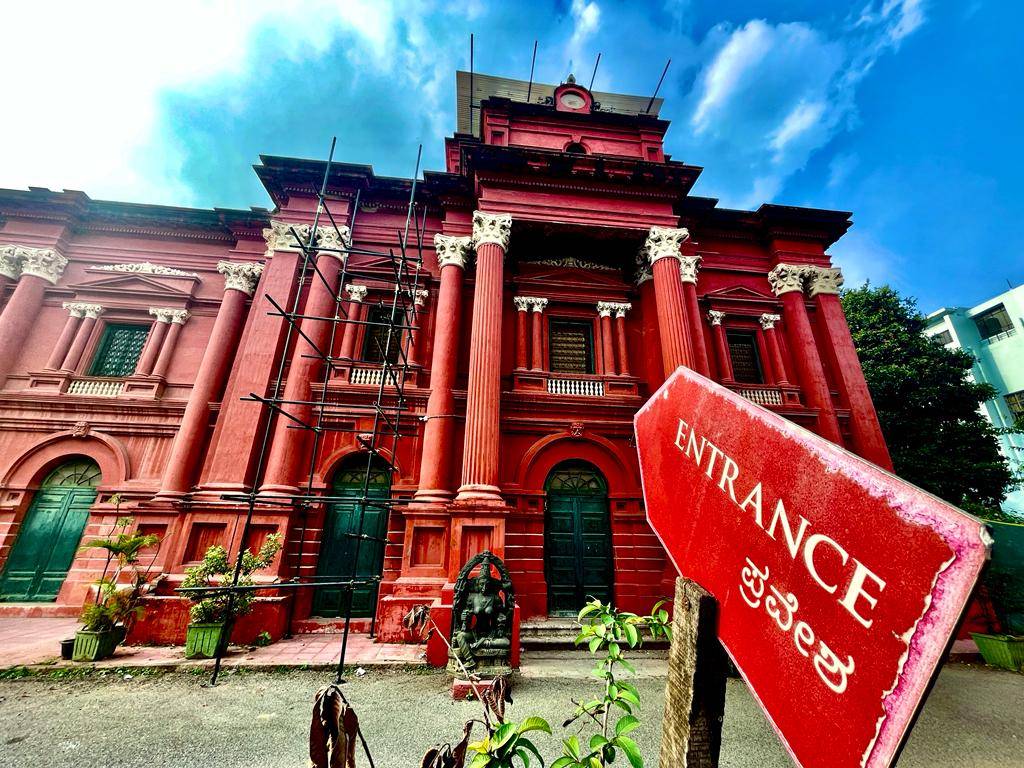Factors And Fibonacci On The Golden Road With William Dalrymple
The more I listened to William Dalrymple as I interviewed him today, the more I appreciated his sentient feel for history. A feeling that makes humans out of historical personalities.
May 30, 2022, 10 31 | Updated: May 30, 2022, 10 31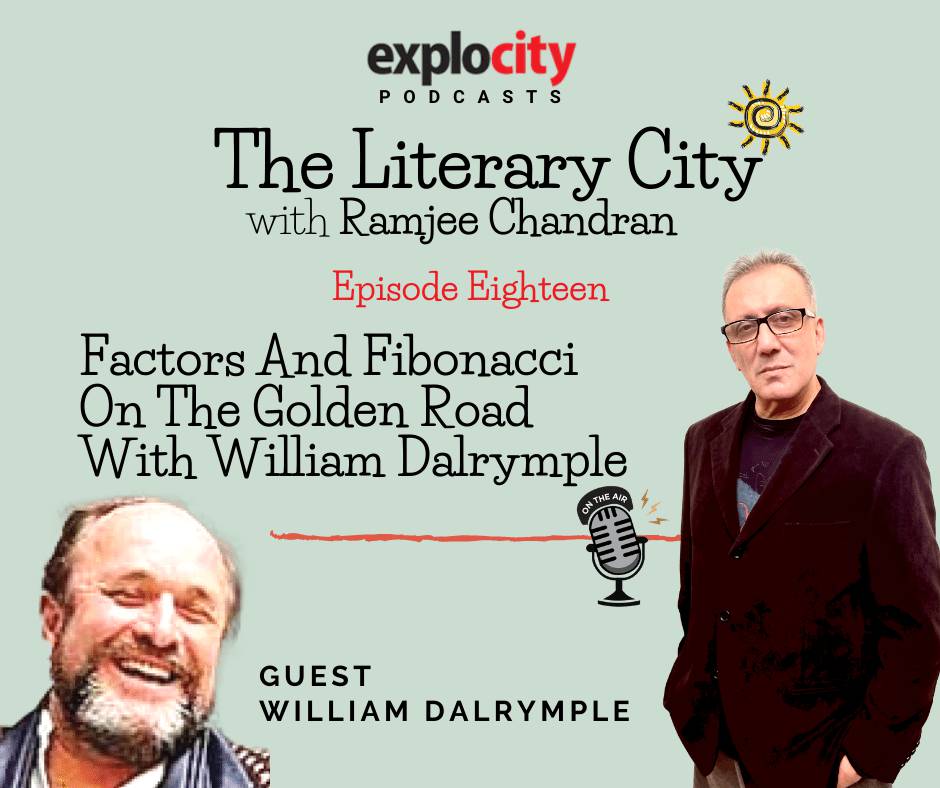
I will admit that until I had read William Dalrymple, I knew little of the history of Delhi, which is inextricable from the history of India.
Although I lived in New Delhi for eight years, all I ever knew about the history of India—my country—was what was taught to me by middle school history teachers. They regurgitated dry passages from textbooks.
There was no romance in the way we were taught history.
So when I lived in Delhi—right in the heart of visible history with crumbling moments and all—I couldn’t get past those apathetic and uncurious history text books.
And then I left Delhi to move to Bangalore.
And then Dalrymple happened. In the decades that he unravelled Delhi for me, it morphed from a city that I only knew as too expensive for my modest salary, to a city that hell, had djinns in it. Djinns with a D.
The more I listened to William Dalrymple as I interviewed him today, the more I appreciated his sentient feel for history. A feeling that makes humans out of historical personalities.
For this reason probably, when I first read City of Djinns, I will confess to an inexplicable sense of envy—as if I should and could have written that book…an “I wish I had said that” feeling.
But I had no such flights of fancy reading everything else he has written, most recently, Anarchy, an account of the East India Company and what happens when there is no separation between…er…merch and state.
Dalrymple’s prose is compelling and direct and that makes his books that much more engaging.
Let’s find out what else makes him one of the most respected writers of the history of India and the entire region of its historical influence.
So it is my privilege to welcome William Dalrymple to The Literary City.
REFERENCES:
William Dalrymple: https://en.wikipedia.org/wiki/William_Dalrymple_(historian)
Bruce Chatwin: https://en.wikipedia.org/wiki/Bruce_Chatwin
Buy The Company Quartet: https://amzn.to/3K2Z7AV
Buy William Dalrymple (all books): https://amzn.to/3Owfbyo
Buy Hobson Jobson: https://amzn.to/3rHupa7
Buy In Patagonia: https://amzn.to/3KcEkL4
Shengdu: Xanadu
"Gone to Shengdu": This is to paraphrase the note that Bruce Chatwin allegedly left for his boss that read, "Gone to Patagonia".
WHAT'S THAT WORD?! - HOBSON JOBSON
Co-host Pranati "Pea" Madhav joins Ramjee Chandran in the segment "What's That Word?", where they discuss the the book Hobson-Jobson and how it came to be.
WANT TO BE ON THE SHOW?
If you have a word, expression or phrase you would like to know more about, we would love to have you join us live on the show. You can reach out to us by mail: theliterarycity@explocity.com or simply, tlc@explocity.com.
Or, you can visit: https://www.facebook.com/groups/bangaloreliterarysociety.
Or you can go to our Instagram page https://www.instagram.com/explocityblr/.
If your word or phrase is selected, we will call you.
Join our Facebook group, Bangalore Literary Society. It does not matter if you are not in Bangalore. This group is for anyone interested in language and words.
